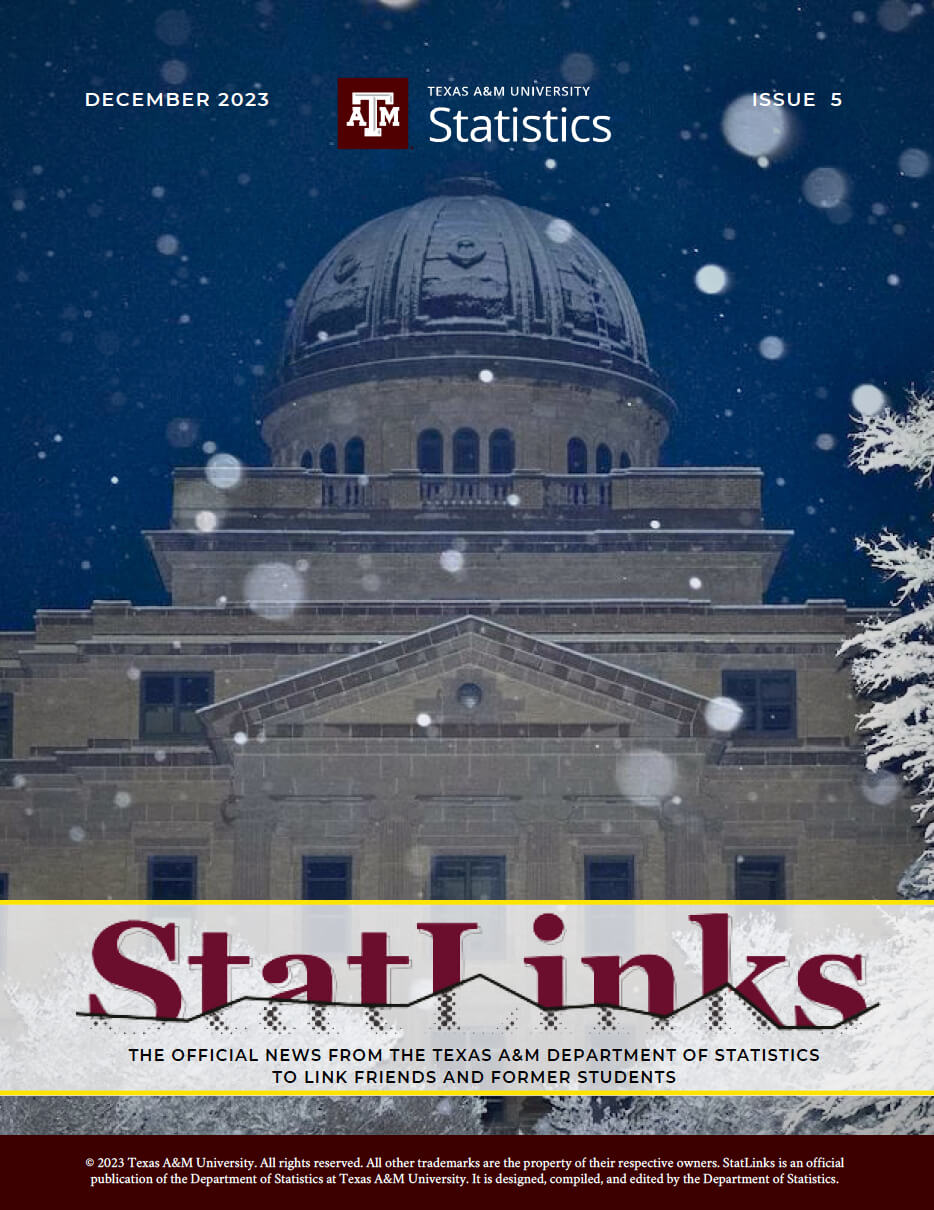ERIC B. LABER 
Associate Professor of Statistics
North Carolina State University
Recipient of the 2017 Raymond Carroll Young Investigator Award
Optimal Treatment Allocations in Space and Time for Online Control of an Emerging Infectious Disease
ABSTRACT
A key component in controlling the spread of an epidemic is deciding where, when, and to whom to apply an intervention. We develop a framework for using data to inform these decisions in real-time. We formalize a treatment allocation strategy as a sequence of functions, one per treatment period, that map up-to-date information on the spread of an infectious disease to a subset of locations where treatment should be allocated. An optimal allocation strategy optimizes some cumulative outcome, e.g., the number of uninfected locations, the geographic footprint of the disease, or the cost of the epidemic. Estimation of an optimal allocation strategy for an emerging infectious disease is challenging because spatial proximity induces interference among locations, the number of possible allocations is exponential in the number of locations, and because disease dynamics and intervention effectiveness are unknown at outbreak. We derive a Bayesian online estimator of the optimal allocation strategy that combines simulation-optimization with Thompson sampling. The proposed estimator performs favorably in simulation experiments. This work is motivated by and illustrated using data on the spread of white-nose syndrome, a highly fatal infectious disease devastating bat populations in North America.
Monday, 3/25/2018, 3:00 PM, BLOC 457

